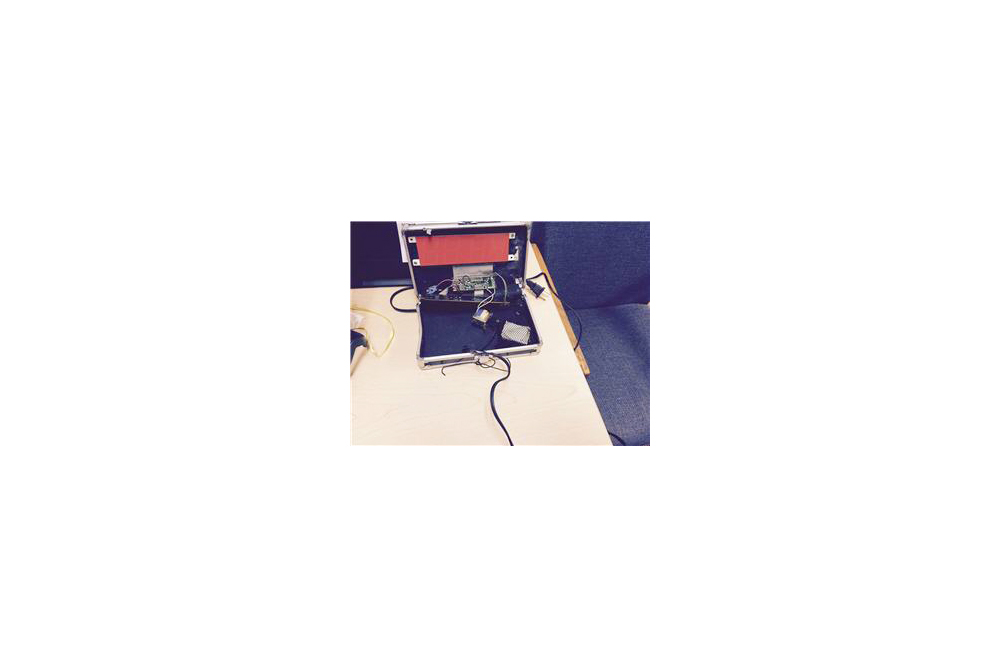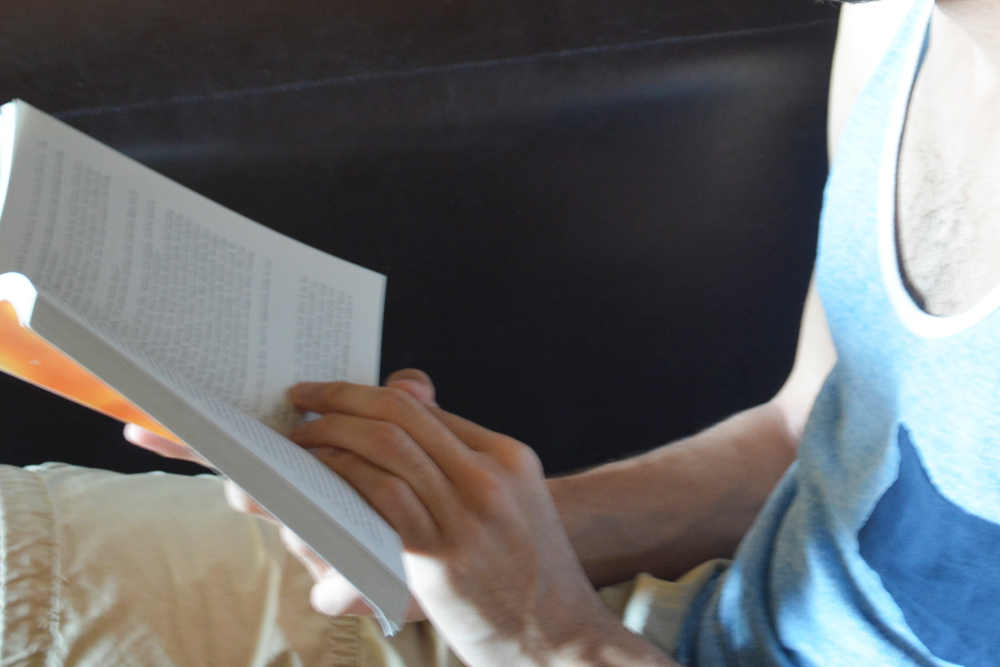Just a few weeks ago, not many people knew the name Ahmed Mohamed.
Although an undeniably popular first and last name among Muslims, the combination was unlikely to generate a focused Internet search until quite recently. The most you were likely to find over the last couple of months were a couple of Facebook pages and LinkedIn accounts.
Now a similar internet search of “Ahmed Mohamed” will yield much different results; over 1.5 million hits, the majority of which address a 14-year-old boy living in Irving, Texas.
So how does the whole country—if not the whole world—know so much about a high-school freshman in Texas? If you’ve been anywhere on the internet recently, you probably know the answer to that question.
On September 14, only a couple of weeks into the academic school year, Mohamed was arrested for bringing a homemade clock to his high school. Although the charges were later dropped, Mohamed was accused of bringing a “hoax bomb” into his school, a fake device intended to resemble a bomb in order to scare his teachers and peers.
Since that day, many people have stepped up to voice their criticisms of the situation.
Many people believe Mohamed was treated unfairly by police and his school’s administration, citing that a white student bringing a similar invention to school would have been treated much differently.
People and organizations such as President Obama, NASA, Facebook and Twitter have extended invitations to the teenager to tour their facilities, not wanting an unfortunate situation to squash the young inventor’s passion for science and technology.
However, not all of the reactions to Mohamed have been positive.
Evolutionary biologist Richard Dawkins, as well as other prominent engineers and scientists, have criticized Mohamed for simply repurposing a commercial alarm clock, as well as the teachers and police in Mohamed’s hometown for not realizing that the invention was obviously fake.
Other pundits, such as Kyle Smith from the New York Post, believe Mohamed only received positive feedback from the president and various scientific institutions because he’s part of a minority.
Regardless of your personal opinions of the situation, and whether the police and administration were justified in their treatment of Mohamed, media coverage of him—even as an innocent young inventor—is not what we need right now.
There are too many negative ideas associated with what happened and is happening to Mohamed that go way beyond the way he was treated by the Texas police. There is an extremely negative underlying dialogue about people of color in the United States that no one seems to be addressing.
Rather than encouraging Muslim children, or children of any ethnicity or religion, to stay passionate about learning and inventing, we are telling them that they should expect to be treated differently because of the color of their skin.
Mohamed brought an invention to school that one teacher mistook as a threat to the school. The fact that he happened to be Muslim and his situation was investigated seemed to give reporters and readers alike the idea that the entire situation arose because of his race.
Any child could have been in a similar situation, but would we have reacted the same way if Mohamed had been white? Or another ethnicity?
By continuing to cover Mohamed’s story, we are telling children of color that even if they are innocent, they might risk suspension or arrest if they bring anything potentially suspicious to school. We are telling them that anything bad that happens to them is connected to their race, and it could be dangerous to be passionate about science and technology.
We shouldn’t be telling anyone this, but we are. Mohamed’s story is making sure of it.
We shouldn’t be telling teachers and educators that they can’t report suspicious activity involving students of color that could threaten the safety of their classroom, but we are. Mohamed was found innocent, but what if he wasn’t? If that had been the case, the conversation we’re having right now would be much different.
The administration had every right to act the way they did. The risk of being wrong was so much worse than the risk of being right. They were just looking out for the well-being of their students. Just because Mohamed is Muslim doesn’t mean he should have been treated any differently, guilty or not.
We especially shouldn’t be telling students they will be rewarded for finding themselves in bad situations, even if they are innocent.
Maybe Mohamed deserved the huge goodie bag he got from Microsoft. It will no doubt give him an incredible opportunity to pursue his dreams. But what about the other teenagers out there who are equally passionate about math and science and have never been in trouble with the law?
We should be encouraging all students to explore science and technology. We need future generations to create new and unique inventions that will continue to set the precedent for technological breakthroughs.
We especially need to see students of color filling more of these roles.
But with all the coverage of Mohamed, his genuinely unfortunate situation and the outpouring of support he received because of it, are we really saying the things we think we are?
Maybe, just maybe, we are doing more harm than good by continuing to cover the story of a young Muslim inventor and maybe we should just leave the poor kid alone.
There has got to be a way to encourage all students to pursue careers in science and technology. We can do better than this.







If you really want to improve the environment for minorities, then improve the environment for everyone. Instead of blaming Ahmed’s arrest on bigotry, note the zero tolerance policies that have affected everyone, including a lot of whites. Yelling racism before the facts are out isn’t helping.
Ahmed’s tale is as manufactured as his “homemade” clock. As more people realize that they’ve been punked by his family and the politicians that jumped on the incident, you can bet that race relations will get worse.
http://blogs.artvoice.com/techvoice/2015/09/17/reverse-engineering-ahmed-mohameds-clock-and-ourselves/